Both honey and sugar have a sweet flavour and are used as sweeteners in foods and beverages. But which one is better for you? People say that honey is healthier, but is it true?
Let’s find out.
Honey versus sugar
Both honey and sugar are high in carbs and calories—composed mainly of glucose and fructose—and will raise your blood sugar level. But there is a difference between the two.
Honey is a natural substance that contains other nutrients—amino acids, enzymes, B vitamins, vitamin C, antioxidants and minerals. It has no fat and contains trace amounts of fibre and protein. However, the exact nutritional profile differs from honey to honey. For example, Manuka honey has significantly higher levels of MGO (Methylglyoxal), offering powerful antibacterial and anti-inflammatory properties. Manuka honey is also better endowed with antioxidants and is particularly rich in B vitamins, amino acids, calcium, potassium, phosphorus, folate and phenolic compounds.
But whichever type of honey you consume—it will cause a spike in your blood sugar levels.
Honey has additional health-beneficial properties, such as:
- Honey may be useful as a cough suppressant and some studies suggest that honey can ease acute cough in children, reducing nighttime coughing and improving sleep. It may also relieve upper respiratory tract infections, but more research is needed for conclusive evidence.
- The natural properties of honey, including its active compounds, stimulate wound healing Laboratory studies have shown that honey is a broad-spectrum antibacterial agent and can be effective for chronic wounds, skin ulcers and burns.
- The bioactive compounds and antioxidants in honey can protect the body by minimising oxidative stress and reducing cell damage. This can contribute to a lower risk of chronic diseases, such as cancer and cardiovascular disease. The antioxidant properties of honey may also reduce declining mental abilities and functions associated with ageing.
Sugar, on the other hand, has no nutritional benefits even though it is derived from natural substances like sugarcane and sugar beet plants. That’s because it is heavily processed and refined before it is available as table sugar.
Sugar found in fruits is different from white sugar. It is naturally occurring in whole foods like berries, pineapples, sweet potatoes and carrots, offering additional benefits derived from the nutrients, vitamins, minerals and antioxidants in these foods. They also contain dietary fibre, which slows down the absorption of sugar, reducing rapid spikes in blood sugar, and providing more sustained energy.
Effect of honey and sugar on blood sugar levels
Although sugar contains fewer calories per tablespoon than honey, it is still a high-calorie substance with a higher GI (Glycemic Index) value of 65. Comparatively, honey has a lower GI ranging from 35 to 75, depending on the type of honey. For example, the GI of Manuka honey is between 54-59. However, the average GI of honey is 58.
The glycemic index tells you how quickly the carbohydrates in the foods will raise blood sugar levels in the average person. While sugar raises blood sugar in your blood quickly, honey offers a slower response. But only slightly.
For people with diabetes, for whom control over blood sugar levels is vital, substituting honey for sugar does not offer any advantage, as both honey and sugar will raise blood sugar levels.
Ultimately, any sweetener, whether sugar or honey, which can raise your blood sugar, leads to a surge in insulin to transport the sugar to your cells. Over time, excessive intake of these substances can result in insulin resistance and type 2 diabetes.
The verdict: Is honey better than sugar?
Honey offers additional health benefits and a range of vitamins, minerals and antioxidants that promote health. So, it may make sense to swap honey for sugar. But it’s important to remember that both honey and sugar will increase your blood sugar and excessive sugar, even honey, can increase the risk of other chronic diseases.
While there are no specific guidelines for honey, the Australian Dietary Guidelines recommend limiting the intake of foods and drinks containing added sugars, including honey, even though it is natural. The general recommendation for honey is about one teaspoon to two tablespoons per day if you’re looking for those additional benefits.
For superior quality Manuka honey and honey products, visit our online store.



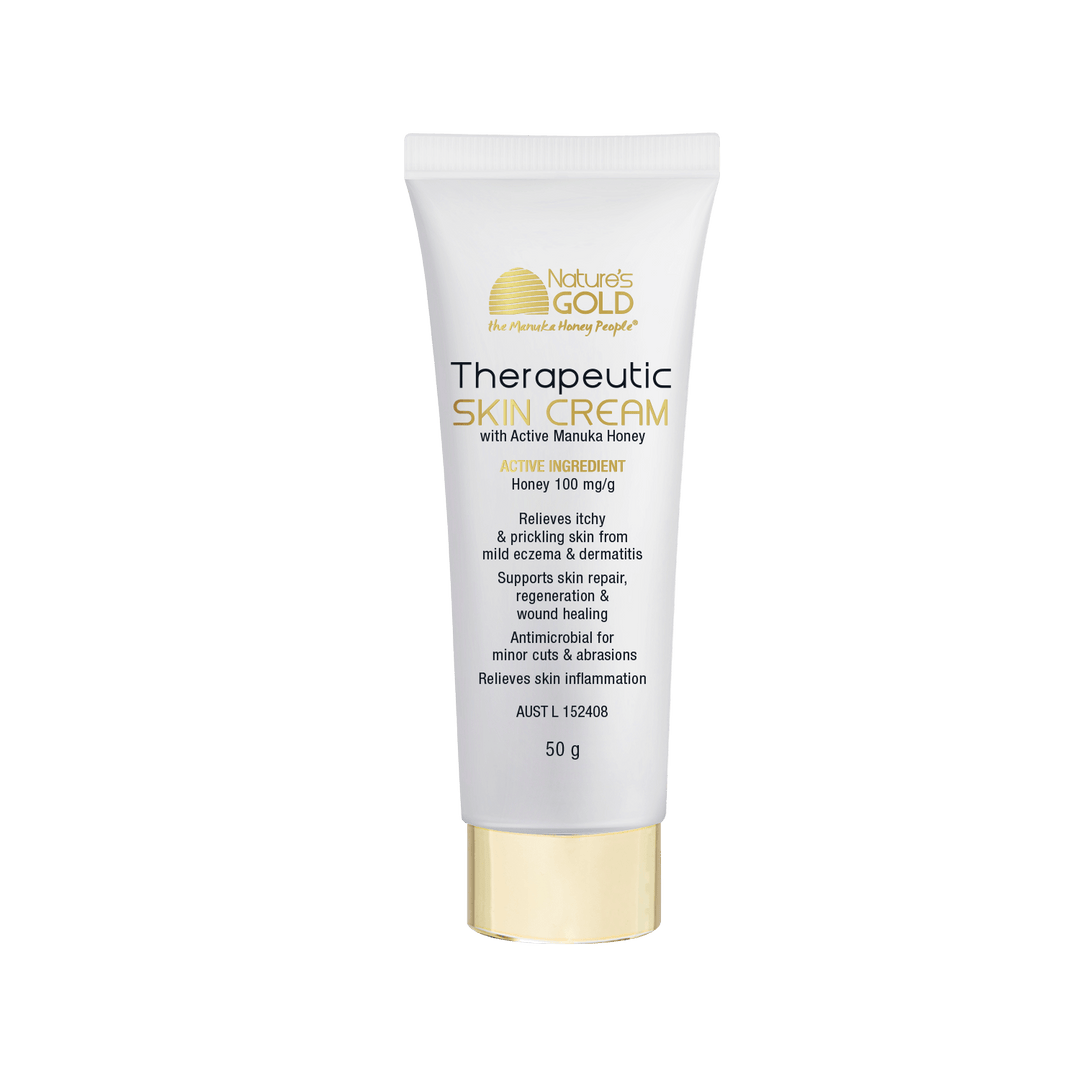
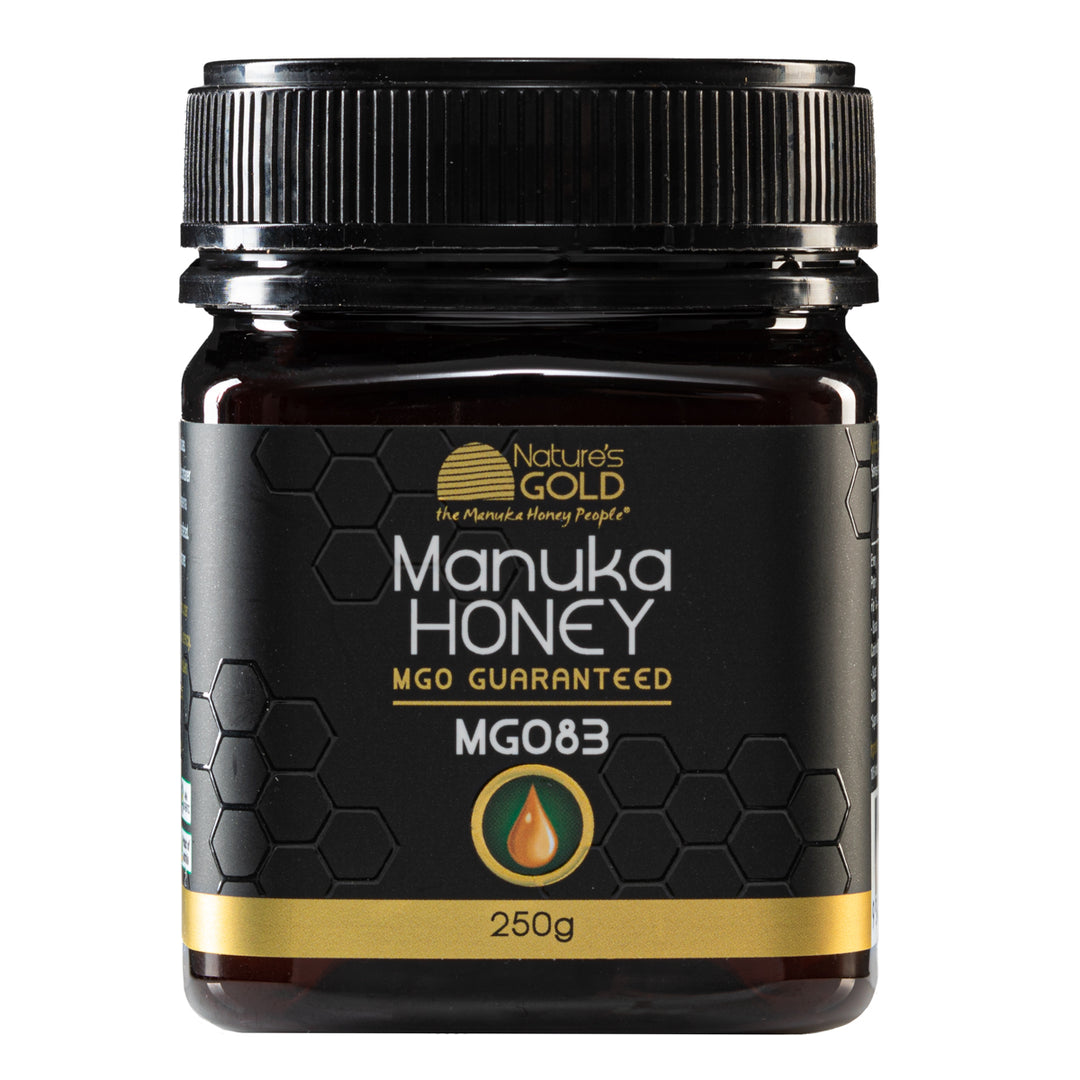
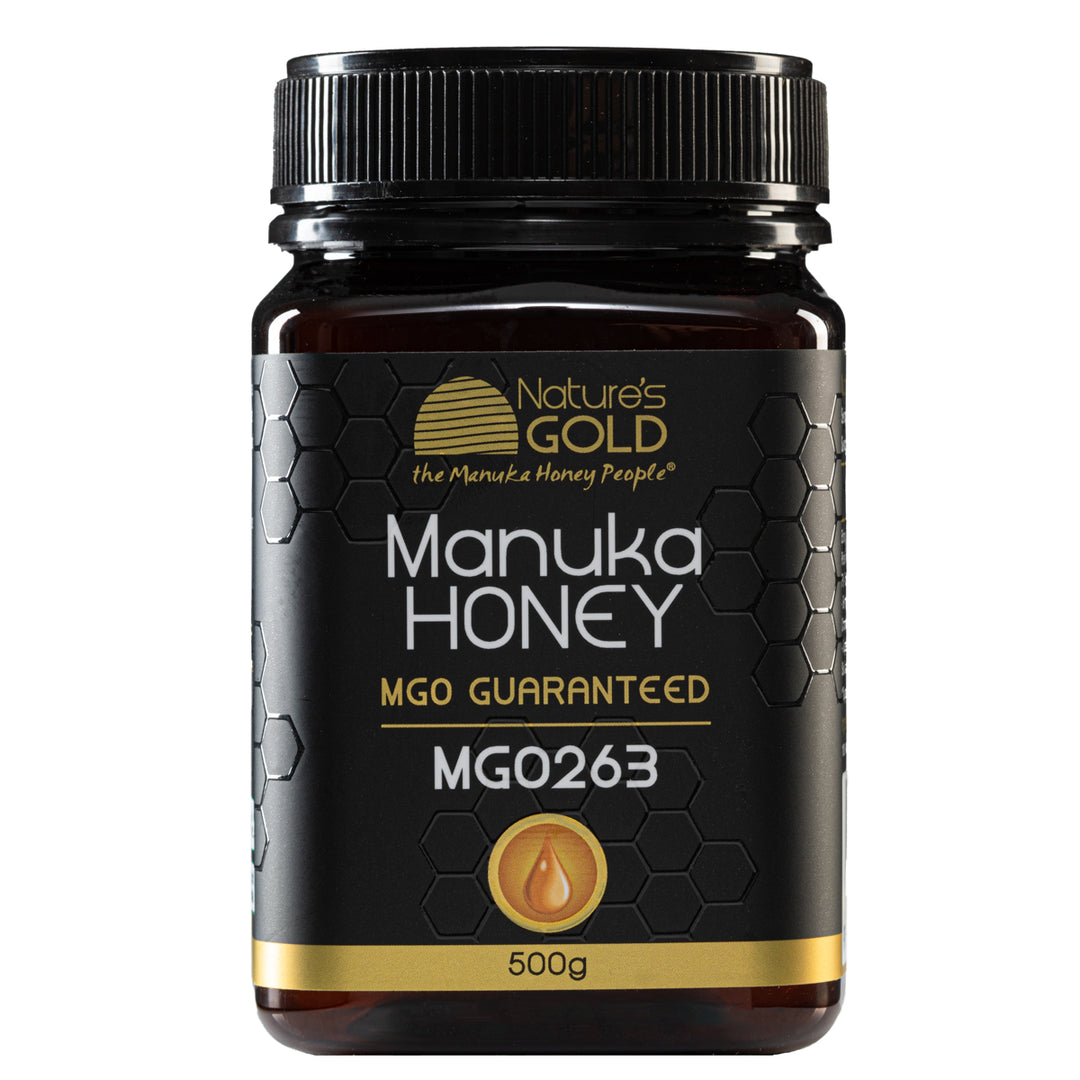
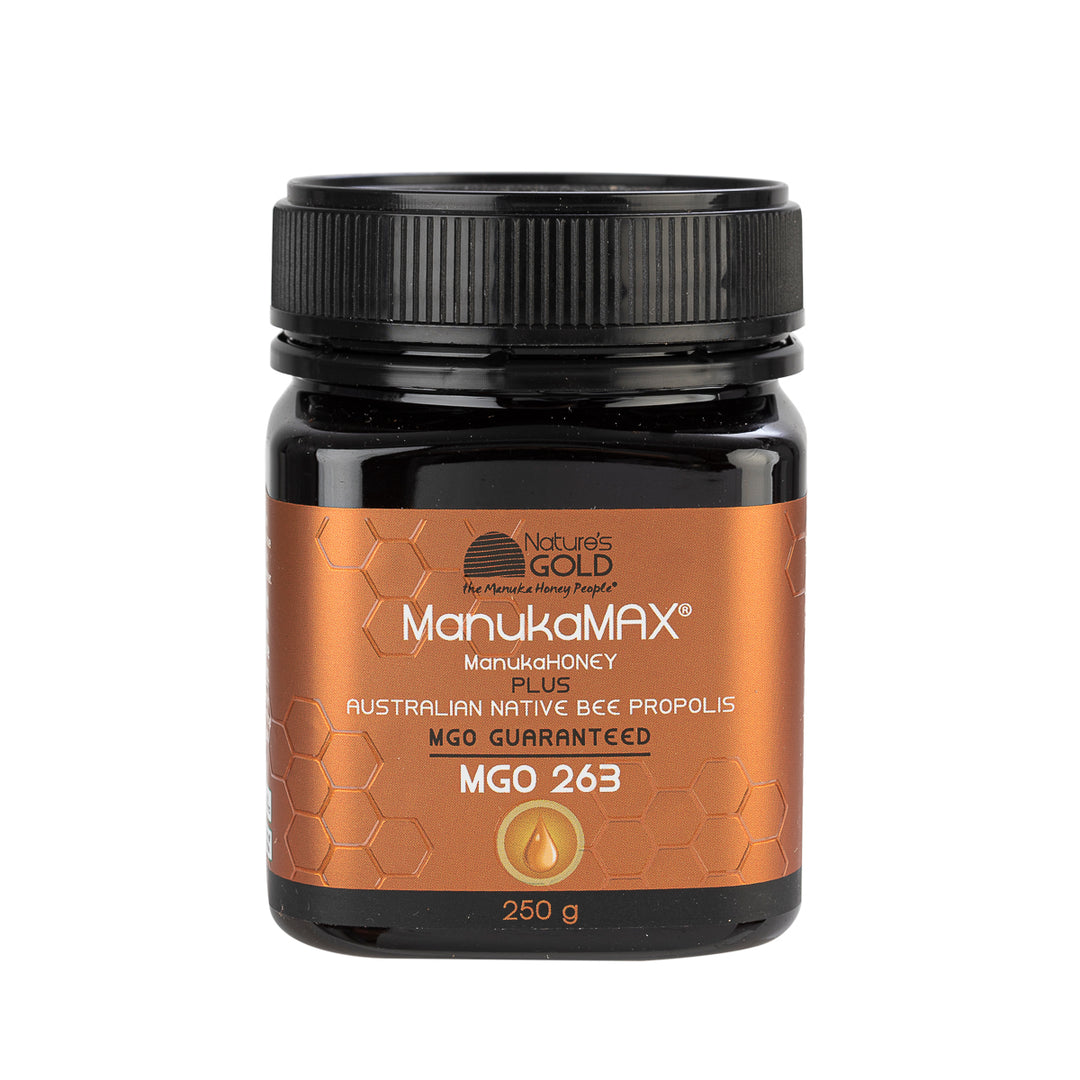
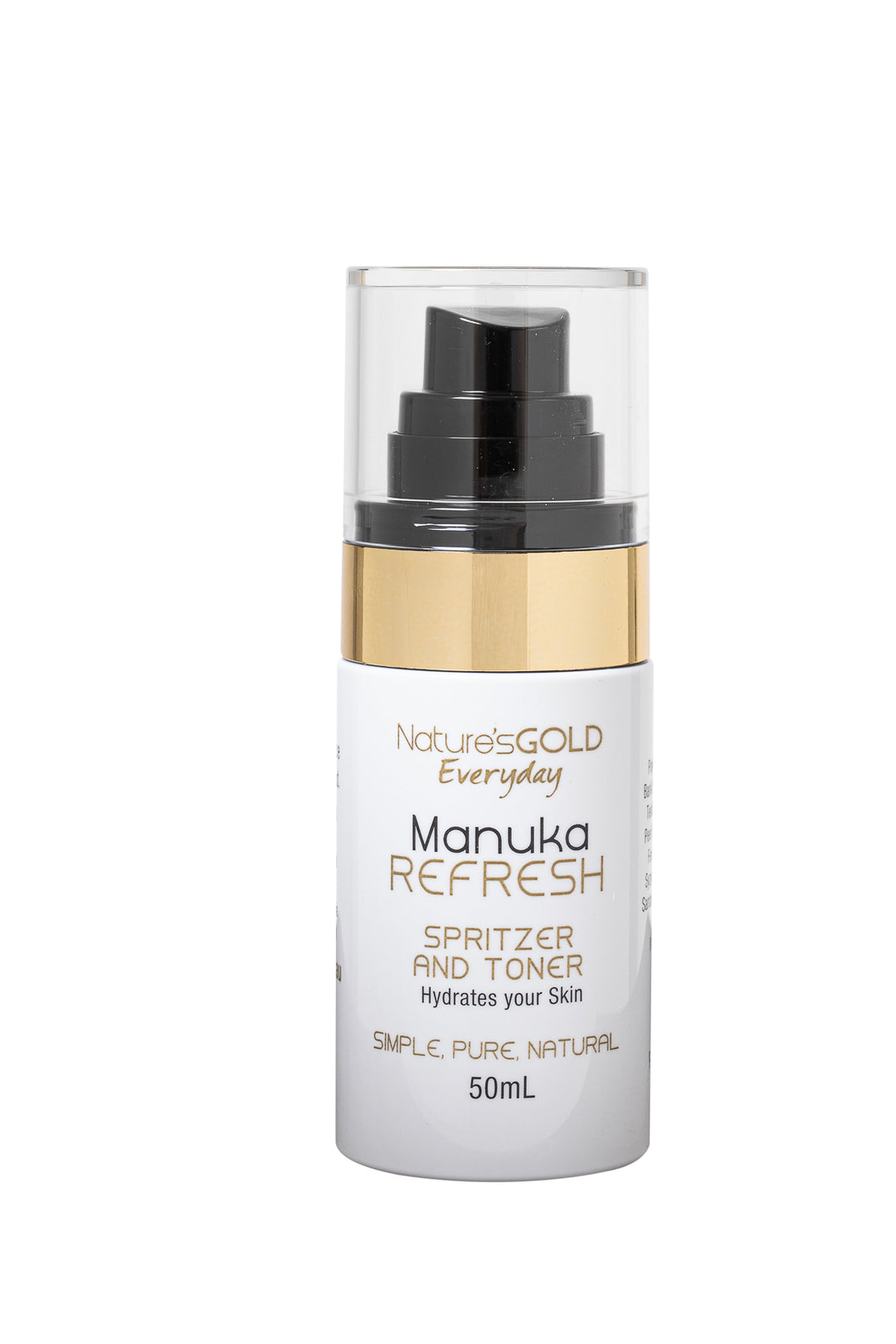



Leave a comment